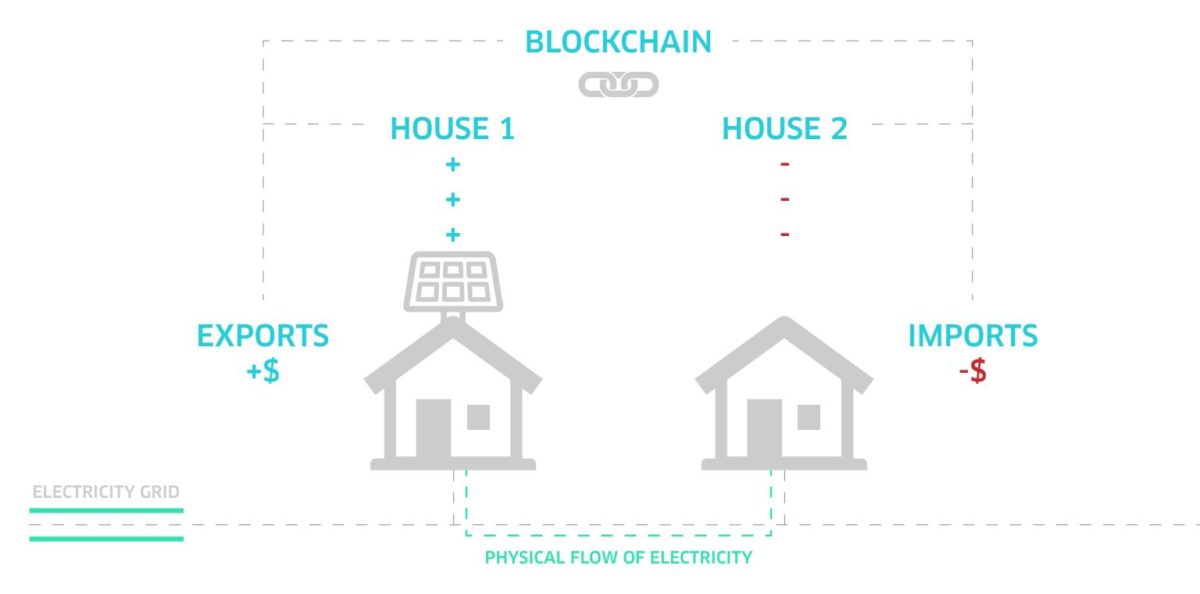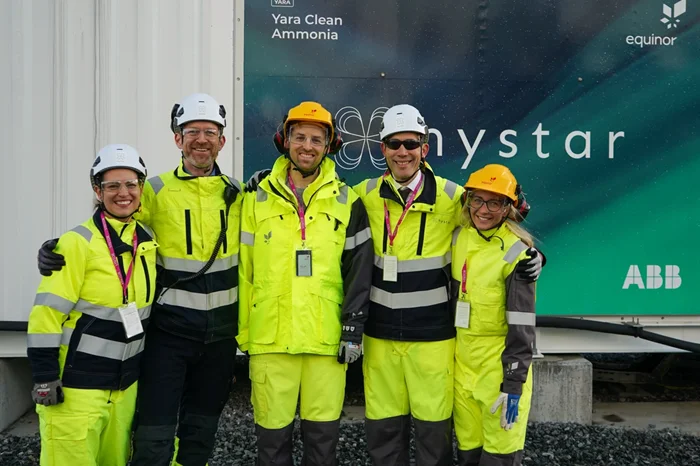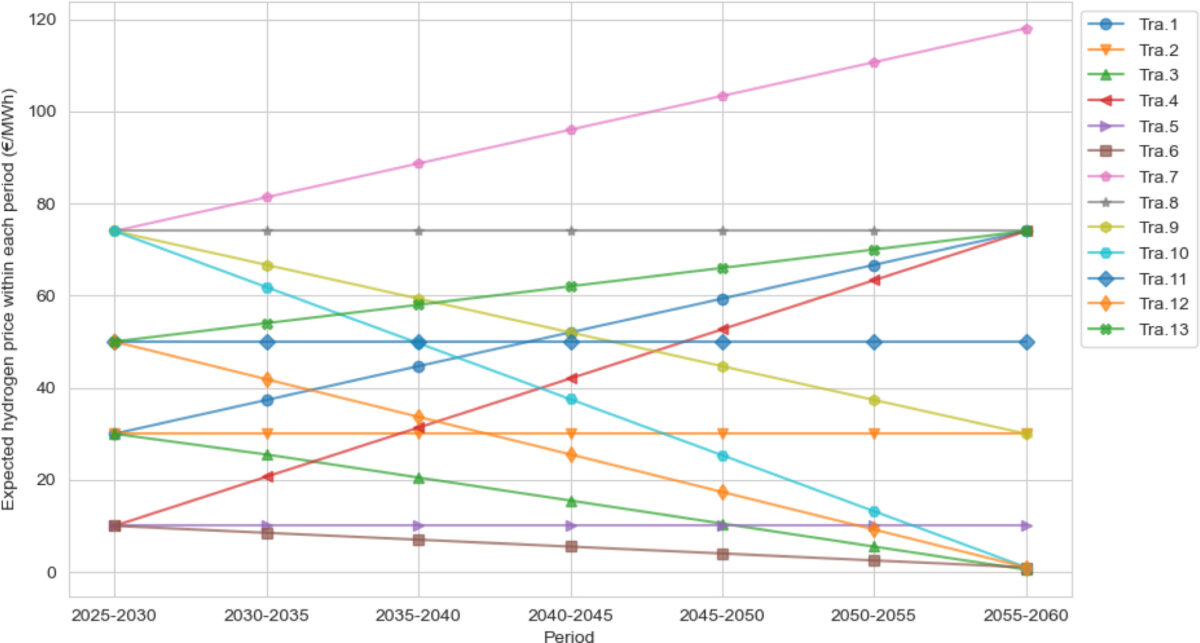Known for its blockchain-based peer-to-peer platform that allows energy trading between households, Power Ledger is now readying for the first large-scale commercial rollout of its technology in Australia. The Perth-based company has partnered with electricity wholesaler Powerclub to allow households to pool net solar and battery storage and act as a virtual power plant.
 MARIJA MAISCHBlockchain authenticates the trading between households, keeping track of the P2P exchange of energy. Image: Power Ledger
MARIJA MAISCHBlockchain authenticates the trading between households, keeping track of the P2P exchange of energy. Image: Power Ledger
Australia’s pioneer in P2P energy trading Power Ledger has partnered with energy provider Powerclub to deploy its blockchain technology for solar energy trading on a commercial scale and give South Australian households greater control over their energy use. Under the major deal, Powerclub users will be able to pool their net solar and battery storage to act as a virtual power plant (VPP) and gain access to wholesale electricity prices.
A newcomer to Australia’s National Electricity Market (NEM) operating since earlier this year, Powerclub provides access to electricity at wholesale prices to its members for an annual membership fee of $39. With the help of Power Ledger’s VPP energy trading application, Powerclub will allow its members with batteries to sell excess solar power during periods of high energy demand and price spikes, which will help in reducing annual energy costs and paying back their investment in distributed energy resources faster.
“If there’s one thing that Powerclub stands by, it’s transparency. We’ve partnered with Power Ledger as we see their technology as being critical in reducing price opacity in the energy market,” said Powerclub CEO Stuart McPherson. “We believe that by integrating Power Ledger’s platform into our commercial offering, our Members will be able to access even better price points for their energy.”
For the Perth-based energy trading software company, the new deal represents a major milestone, coming hot on the heels of a its first trial outside of a metropolitan area. Power Ledger is collaborating with Innovations Central Midlands WA, BSC Solar, Sonnen and CleanTech Energy to make it possible for commercial buildings to trade excess solar between each other, including shire offices, CRC/Visitor Centre, a swimming pool, medical centre, sports centre, local farmer, mulch company, bakery and two agricultural machinery dealerships.
In another WA trial, the P2P specialist is tracing transactions of rooftop solar energy traded between 40 households in Fremantle. Using Western Power’s existing network with Synergy’s customers, Power Ledger’s platform has enabled households to view electricity usage in 30-minute intervals, instead of the 30-60 day billing cycle. Meanwhile, Western Power’s smart meter data has been fed into Power Ledger’s blockchain trading platform and then exported to Synergy’s billing system, to ensure a secure and accurate recording of the energy trading.
In August, the company announced it had processed almost 50,000 transactions on its platform per month and tracked over four megawatt hours of peer-to-peer renewable energy trades since the project launch last November. Originally due for completion in last June, the trial has entered a second phase, welcoming new participants with improved arrangements. The second iteration tracking the transactions between 18 households will run until the end of the year to gain a deeper insight into consumer preferences and to test additional pricing models.
Furthermore, Power Ledger has a few project with property groups in WA, such as at LandCorp’s East Village at Knutsford and Yolk’s Evermore apartment development at White Gum Valley, featuring shared on-site batteries, and a trial with Vicinity’s shopping centers at multiple sites as part of the retailer’s $75 million industry-leading solar program.
“The Australian Energy Market Commission has already flagged the need for grids of the future to become energy trading platforms,” said Power Ledger Co-founder and Chairman Jemma Green. “The future of the energy industry will be decentralised and democratised, like what we’ve seen happen to the taxi industry with rideshare apps like Uber and Ola. You no longer need to be a massive electricity company to commoditise energy.”
Overseas, Power Ledger has a significant number of trials and projects under its belt, including those in Austria, Thailand, Japan and the United States.
In one of its biggest promises to customers connected to the electricity grid, blockchain-based peer-to-peer energy trading gives more choice on how to manage power use and evade additional hidden costs and mark-ups by the electricity retailer to cover supply costs. The technology has already built up a portfolio of use cases in the energy industry and shown potential to speed up the energy transition on the back of an increasing number of distributed energy installations across a wide range of markets.







